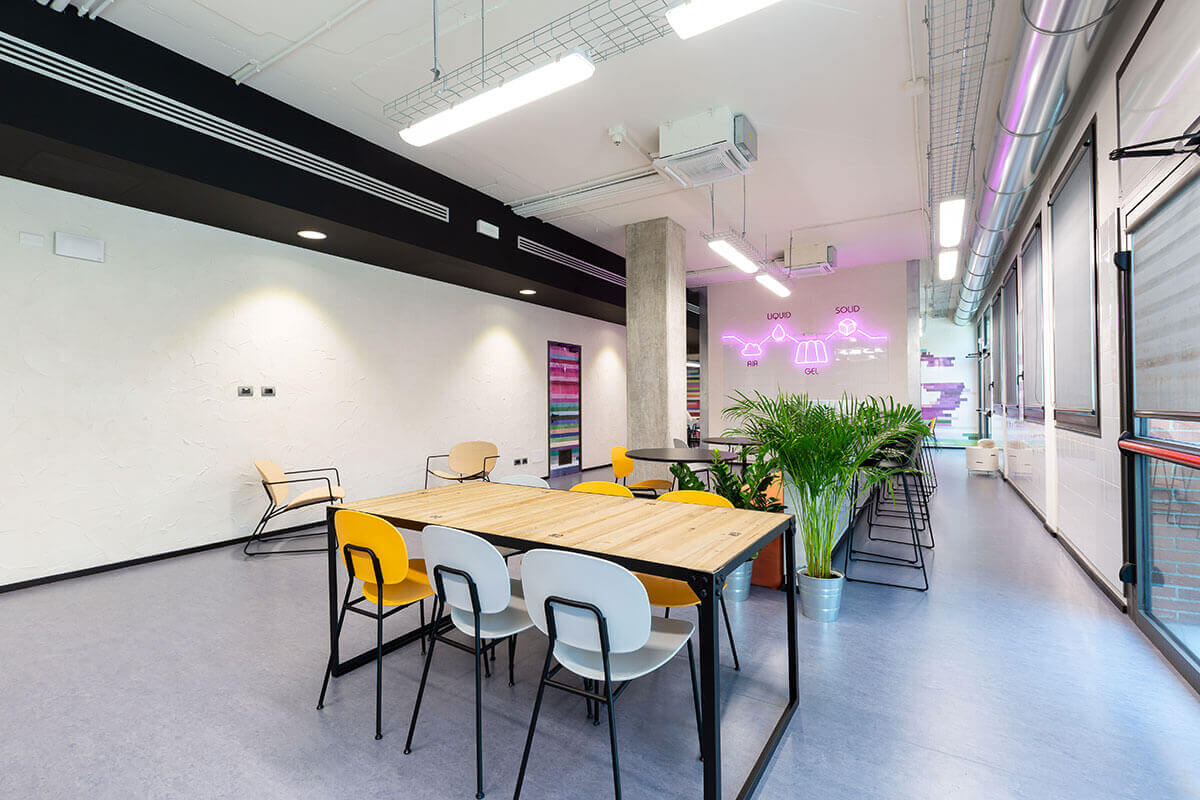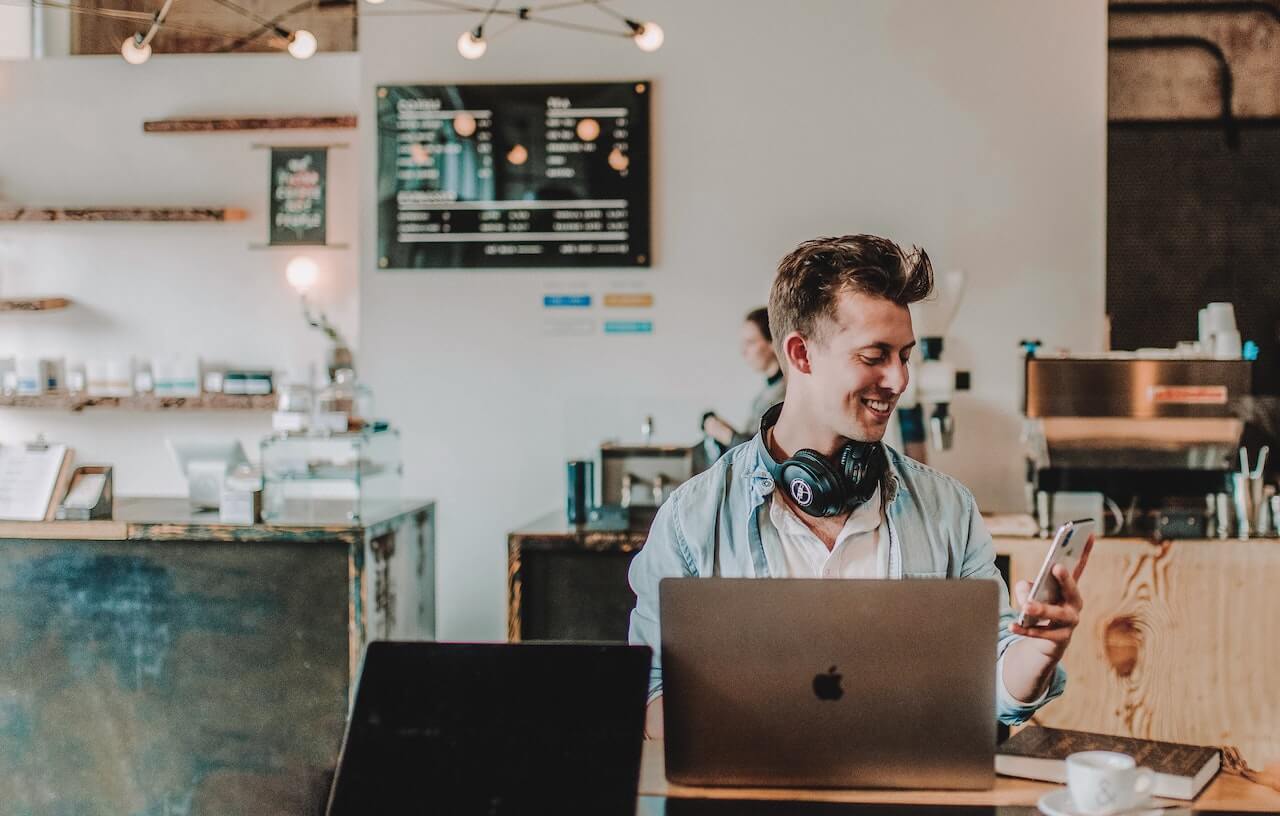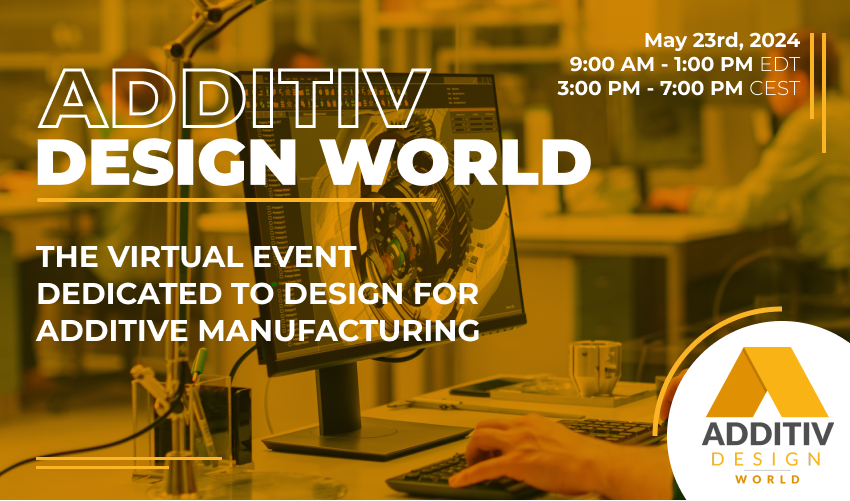Designing new workspaces and ways of working – Interview with Luca Brusamolino

Expert on smart working and co-founder of Milanese studio Workitect, Luca Brusamolino shares his views on the future of work and talks about his much-anticipated event “Smart Working & Mobility: Work and Cities of the Future”.
The COVID-19 outbreak has disrupted abruptly many aspects of our lives, specially the way we work. These sudden changes in the workplace have increased even more the importance of smart working and digital environments, and have raised the question of how would the future of work and our cities look like. In order to answer this question, we have turned to word of many experts on the field, one of these experts is Luca Brusamolino.
As Co-founder and CEO of Workitect and as a smart working and human resources expert, Luca Brusamlino has not only been a workplace change and smart working consultant for companies but has also been studying the relationship between physical spaces and people from an organizational point of view for years. Being always at the forefront of the field and interested in finding out what is the future of work, Luca created “Smart Working & Mobility: Work and Cities of the Future”, an event that discusses work, smart working, the new mobilities, and how they will impact the future of our cities.
Fascinated about this event and its topic, DesignWanted interviewed Luca Brusamolino and found out more about Workitect, his event, and the changes in the workplace.

Who is Luca Brusamolino and how did your journey in work consultancy begin?
Luca Brusamolino: “I am a curious and irreverent Peter Pan, always in search of new challenges. I love to give things a name and put together realities and people from worlds that don’t usually speak to each other.
I am an expert in smart working and change management; I have been working for five years in designing new workspaces and ways of working, always keeping close attention to the user experience.”

Why Workitect? Why a design company focused on workspaces?
Luca Brusamolino: “Workitect was born from the belief that the working space affects employees’ wellbeing and therefore their business productivity. The idea of Workitect was conceived by two different professional sensibilities. The first one refers to Simone Casella, architect and designer, specialized in office design.
The second one is me, Luca Brusamolino, HR consultant, graduated in “corporate organization” with a focus on the relationship between people and physical workspace. The name “Workitect” is meant to establish the emergence of a new discipline, the “workitecture”, whose principles came from both architecture and human resources.”
Curious to know more about the guests of Workitect’s next event? Don’t miss Championing the adoption of Smarter Working with Philip Vanhoutte.

We’re excited for your event “Smart Working & Mobility”: what will be discussed during this virtual roundtable?
Luca Brusamolino: “I’m excited as well! During the event, we will talk about how we should read the modern word through systemic lenses: work and mobility, office and city, public administration, and private companies. We will host international guests who will envision us towards a future that is already present in some countries.
The event is for all those who deal with innovation in the labour world, and with the territory and mobility management. It’s for corporate employees and public administrators, but also students and researchers. Generally speaking, I can say that the event is for all the citizens who care about our future.”

How did COVID contribute as a catalyst for changes in work habits that were already underway?
Luca Brusamolino: “The Covid-19 outbreak had an impact on the labour world on a double side. On the one hand, it accelerated a process that has been going for a couple of decades, the process of digitisation. On the other, it opened a Pandora’s box, generating an epochal crisis at all levels of our governance model. Dealing with issues and new topics, we are used to compartmentalising them or to put them in strict clusters. But every time we look closer to reality, we see how everything is strongly interconnected instead. Really everything, for instance, work, school, transport, health care…
Speaking about the organisation of work, it will be necessary to find a new balance between the remote working and the inherent need of human beings to meet.”

Health-concerns apart, do you see the changes in work culture overall as positive or not?
Luca Brusamolino: “The Covid-19 paved the way to a cultural change, even in companies that never thought they could work remotely. Unlocking the resistance to change toward smart working can be considered one of the few positive aspects of the tragedy of the pandemic. The Covid-19 brutally awoke corporate awareness and allowed an overnight paradigm shift.”
How will new mobility affect our cities? We find the answer to this question in James Thoem on “Copenhagenizing” cities to aid mobility.



